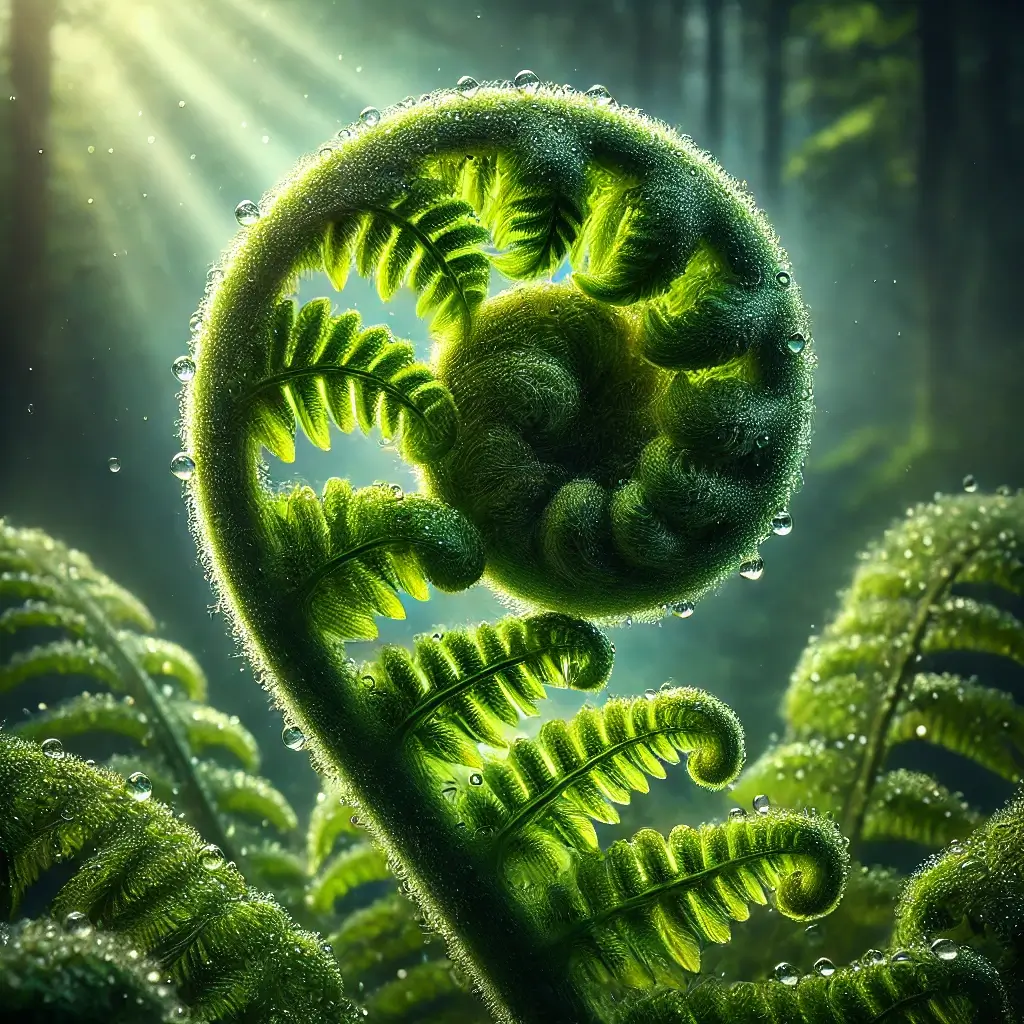Observation of nature forms the foundation of Daoist thought. It’s about grasping how life moves and learning how to go with it rather than against it, not about rigid ideas or abstract theories. Understanding the basic patterns that define existence will help us to develop in daily life a greater sense of harmony, clarity, and simplicity.
Four main Daoist ideas that underlie this viewpoint will be introduced in this series. These concepts enable us to understand the world as a dynamic, always shifting process instead of a set collection of permanent structures.
The Four Core Concepts of Daoist Thought
These four concepts build upon each other, with each deepening the one before it:
The Dao (The Way)
- The unnameable, always-shifting stream of life.
- The source of all things, yet outside definition.
- Knowing the Dao will enable us to welcome change, and relinquish opposition to it.
Qi (Vital Energy)
- The omnipresent force underlying all that the universe contains.
- Qi gives existence form, and links all things.
- Why our viewpoint changes if we consider life as an energy flow.
Yin and Yang (The Rhythm of Life)
- The dynamic interaction of opposites generating equilibrium.
- Why everything in life is relative and in flux; nothing is absolutely one thing.
- How understanding Yin-Yang will enable us to negotiate obstacles with greater ease.
The Five Elements (Patterns of Transformation)
- A closer examination of how natural transformation occurs.
- The Five Elements—Wood, Fire, Earth, Metal, Water—as a prism through which one views the changes in life.
- Why this structure clarifies cycles in our own lives.
Why This Matters for Healing and Growth
Though they date back thousands of years, these ideas are still quite relevant for personal healing and growth. Adversity—especially early in life—can easily cause us to feel caught in patterns of tension and struggle, or to feel stuck or alienated. Daoist philosophy presents another perspective on things:
- According to the Dao, even when we feel trapped, life is always dynamic and developing.
- Qi reminds us that everything is evolving, including our feelings and experiences.
- Yin and Yang enable us to recognize that nothing is absolute—no state of mind, no one feeling, no challenge lasts indefinitely.
- The Five Elements assist us to trust our own development process by exposing the natural cycles of transformation we travel through.
Healing shifts from “fixing” ourselves to understanding and working with the rhythms of life when we start to view life in terms of flow, movement, and change.
What to Anticipate from This Series
Every post will be simple, engaging, and useful. Learning about Daoism requires only curiosity and an open mind; no prior knowledge is required. Rather than getting lost in technical philosophy, we’ll investigate each idea in a way that makes sense in daily life.
First up: The Dao—that always shifting Way of Life.
